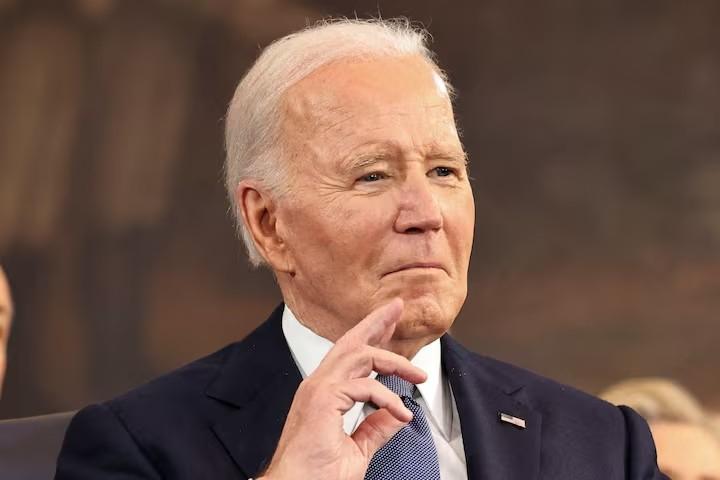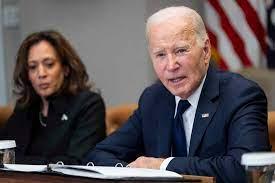Allegations of corruption have swirled around the Biden administration, particularly concerning the financial dealings of President Joe Biden’s son, Hunter Biden, and other family members. Critics, primarily from Republican circles, claim the Biden family engaged in influence peddling, leveraging Joe Biden’s political positions for personal gain. Supporters argue these accusations are politically motivated, lacking concrete evidence, and point to the administration’s ethical record. The truth is nuanced, with investigations yielding mixed results.

Republican-led probes, notably by the House Oversight Committee under Rep. James Comer, have focused on Hunter Biden’s business ventures in Ukraine, China, and elsewhere. A 2024 report alleged the Biden family received over $27 million from foreign entities through a web of LLCs, suggesting a pattern of corruption. Comer claimed Joe Biden abused his office, particularly as vice president, to enrich his family. Posts on X have amplified these claims, citing suspicious activity reports (SARs) from banks flagging transactions involving Biden family members. However, the report stopped short of proving criminal wrongdoing, and key allegations, like a supposed $10 million bribe from Ukraine’s Burisma, were debunked when former FBI informant Alexander Smirnov admitted to fabricating the story in 2020, leading to his 2025 conviction.
The Justice Department’s handling of Hunter Biden’s cases has also drawn scrutiny. Critics, including law professor Jonathan Turley, argue the DOJ was lenient, avoiding charges like unregistered foreign agent violations despite evidence of Hunter’s lobbying efforts. Conversely, Hunter faced convictions in 2024 for tax and gun charges, though Joe Biden’s subsequent pardon sparked accusations of favoritism. Some Republicans, like Comer, called this evidence of a “Biden Crime Family,” but Democrats, including Sen. Adam Schiff, warned the pardon set a dangerous precedent without proving systemic corruption.
 On the other hand, defenders highlight the administration’s ethical record. No political appointee was indicted, and no cabinet member resigned over impropriety, a rarity compared to prior administrations. Democratic Oversight Committee memos rebutted GOP claims, noting that actions like pushing for a Ukrainian prosecutor’s removal were official Obama-era policy, not personal favors. Bob Woodward also denied Comer’s claim that he called Biden financially corrupt, labeling such allegations baseless.
On the other hand, defenders highlight the administration’s ethical record. No political appointee was indicted, and no cabinet member resigned over impropriety, a rarity compared to prior administrations. Democratic Oversight Committee memos rebutted GOP claims, noting that actions like pushing for a Ukrainian prosecutor’s removal were official Obama-era policy, not personal favors. Bob Woodward also denied Comer’s claim that he called Biden financially corrupt, labeling such allegations baseless.
The polarized lens of politics complicates the narrative. While GOP investigations uncovered questionable financial patterns, they lacked direct evidence tying Joe Biden to illegal acts. The Smirnov case and pardon controversy fuel skepticism, but the administration’s broader record suggests restraint. Public sentiment on X reflects this divide, with some decrying a “sellout” to foreign interests and others dismissing the accusations as partisan noise. Ultimately, while ethical questions persist, conclusive proof of systemic corruption remains elusive, leaving voters to weigh intent against outcome.






